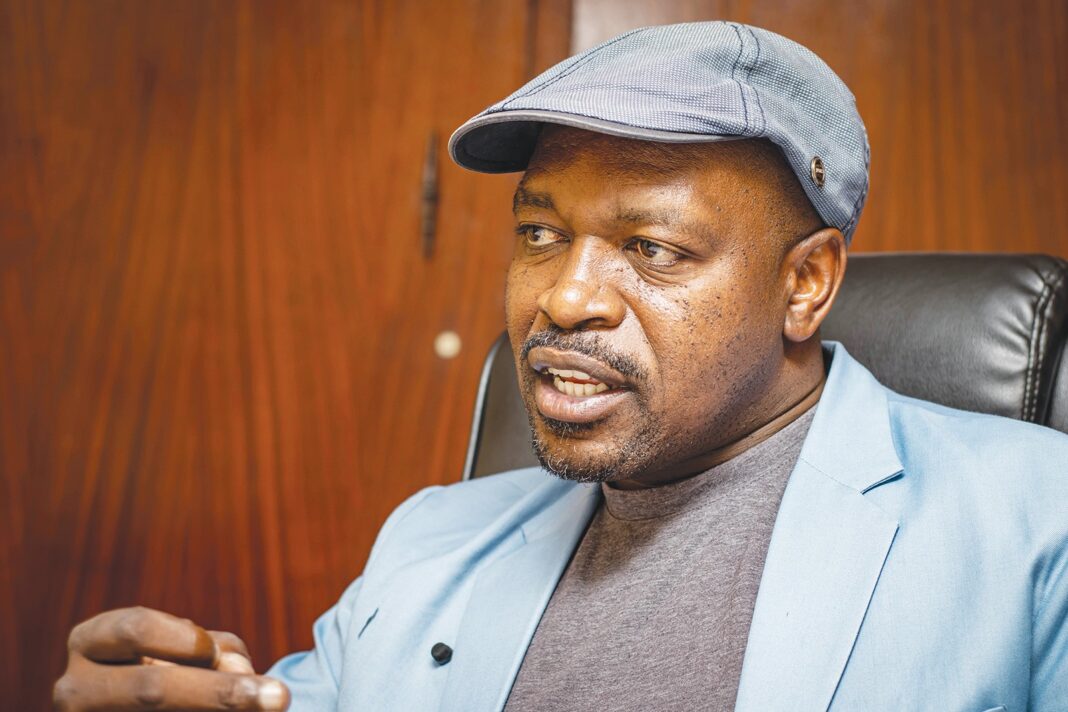This week we run two stories that demonstrate just how unsafe and marginalised women continue to be, almost a quarter of a century into the second millennium. One details – in their own voices -the plight of female textile industry workers who have been left jobless after the Covid-19 pandemic blew the global economy to smithereens. The other, a major milestone in the quest to protect women, is the passing of the Domestic Violence Bill.
It is worth noting that when women are poor, their rights are not protected. They continue to face obstacles that may be extraordinarily difficult to overcome. This results in deprivation in their own lives and losses for the broader society and economy, as women’s productivity is well known as one of the greatest generators of economic dynamism.
While both men and women suffer in poverty, gender discrimination means that women have far fewer resources to cope. They are likely to be the last to eat, the ones least likely to access healthcare, and routinely trapped in time-consuming, unpaid domestic tasks. They have more limited options to work or build businesses. Adequate education may lie out of reach. Some end up forced into sexual exploitation as part of a basic struggle to survive.
And while women at large have not yet achieved an equal political voice, women in poverty continue to face extra marginalization. Their voices are rarely heard, for example, in decisions on managing an economy, or sharing benefits and costs.
We urge governments to change economic policies to provide more opportunities for women, improve laws to uphold economic rights, and boost access to credit. Government must act swiftly to collect better information to track how poverty affects women differently, as knowing any problem is essential for solving it.









